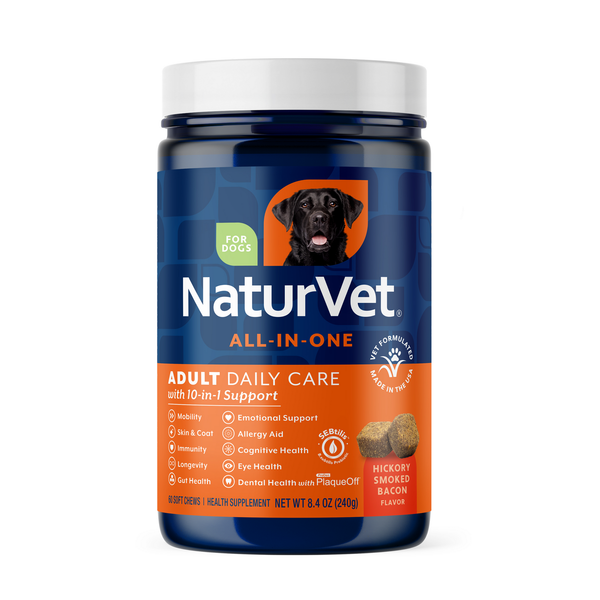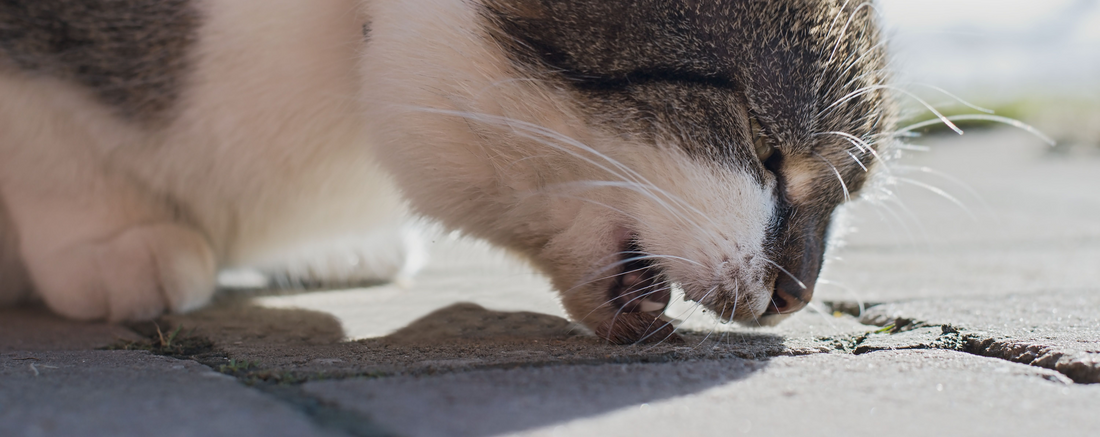Hairball Remedies for Cats
Hairballs in cats are a common problem that many cat owners face. These small clumps of hair can cause discomfort and even health problems for your feline friend. In this blog post, we’ll cover everything you need to know about hairballs in cats. This includes hairball remedies, how to prevent hairballs in the first place, and the symptoms to look out for.
One of the most important things to know about hairballs is that they are a natural occurrence in cats. Cats are fastidious groomers, and as they lick and groom themselves, they ingest loose hair. This hair can then collect in the stomach and form a hairball. While hairballs are normal, they can become a problem if they are not properly passed.
Try Hairball Aid Soft Chews
One of the most common hairball remedies for cats is a hairball digestive aid formulated by pet experts. These remedies can be found in most pet stores. They are typically in the form of a gel, paste, or soft chew. They are easy to administer and can help your cat pass hairballs more easily. It is important to note that these remedies should only be used as a temporary solution. Nothing should be continuously used long term.
Prevent Hairballs by Brushing
Another way to prevent hairballs is to brush your cat regularly. Brushing your cat will help remove loose hair before it has a chance to be ingested. It's also a great bonding time for you and your cat. There are several different types of brushes that can be used to groom a cat's coat. The most common types include:
The slicker brush:

The bristle brush:
The metal comb:
The dematting rake:
The rubber brush:

Try More Fiber For Less Hairballs
A high-fiber diet for a cat should include a variety of sources of dietary fiber. These foods typically contain ingredients such as pumpkin, beet pulp, or psyllium husk, which are all high in dietary fiber. Some cat foods also include soluble fibers, such asfructooligosaccharides (FOS), which can help promote healthy digestion. Additionally, a high-fiber diet for a cat should include a mix of wet and dry food to provide a balance of moisture and fiber. It's also important to note that cats are carnivores and their diet should primarily consist of animal-based protein, so make sure to check the ingredients of the food you’re considering to ensure it “meats” the nutritional needs of your cat.
Common Symptoms of Hairballs
Serious Hairball Treatment
If your cat can’t cough up a hairball, a veterinarian may treat a hairball in a cat by first identifying the underlying cause of the hairball. This could include issues with grooming, underlying medical conditions, or dietary deficiencies. The veterinarian may then recommend a change in diet to include more fiber, or a special diet formulated to help prevent hairballs. They may advise using a hairball remedy, such as a gel, paste, or These help the cat to lubricate the hairball and make it easier to pass.
In conclusion, hairballs in cats are a common problem that can cause discomfort and health problems for your feline friend. It's important to be aware of the symptoms and to take steps to prevent hairballs from forming in the first place. Regular grooming, a high-fiber diet, and hairball remedies can all help to prevent hairballs. In case of severe hairballs, it's crucial to seek veterinary care right away. With the right care and attention, you can help your cat pass hairballs and keep them happy and healthy for the long haul.
Join Our Pack
Follow us @NaturVet on social media to fill us in on any hairball tips we might have missed. And, check out the rest of NaturVet.com. We’ll keep you up to date on all our latest pet resources, supplements, tips and tricks, and more – everything you need to be the best pet parent possible!























